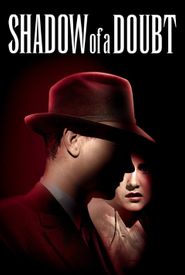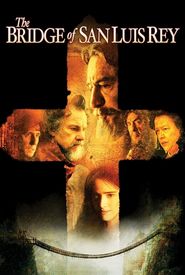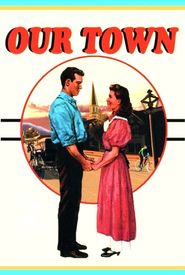Thornton Niven Wilder was the second of five children born to Amos Parker Wilder, a newspaper editor and U.S. diplomat, and Isabella Niven Wilder. His childhood was marked by his father's diplomatic assignments, spending part of his formative years in Hong Kong and Shanghai between 1906 and 1914.
Wilder's academic pursuits took him to California, where he completed high school, and later to Yale University, where he earned his undergraduate degree. He then went on to study archeology at the American Academy in Rome and received his Master's degree in French from Princeton University in 1926.
Wilder's literary career began with the publication of his first play, "The Trumpet Shall Sound," in the Yale Literary Magazine in 1920. His first novel, "The Cabala," published in 1926, drew heavily from his experiences in Europe and alluded to the American expatriate community surrounding Gertrude Stein. His second novel, "The Bridge of San Luis Rey," earned him his first Pulitzer Prize in 1928.
Wilder's success continued with the Pulitzer Prize for drama for his play "Our Town" in 1938, and again for "The Skin Of Our Teeth" in 1943. During World War II, he served in the Army Air Force, rising to the rank of Lieutenant Colonel, and wrote the screenplay for Alfred Hitchcock's film "Shadow of a Doubt."
In the 1950s, Wilder wrote the farcical play "The Matchmaker," which was adapted into the Broadway musical comedy "Hello, Dolly!" in 1964 and later into a film starring Barbra Streisand in 1969. Wilder received the Presidential Medal of Freedom in 1963 and won the National Book Award in 1967 for his novel "The Eighth Day."
Throughout his life, Wilder was friends with notable figures such as Ernest Hemingway, Gertrude Stein, and Montgomery Clift.





























